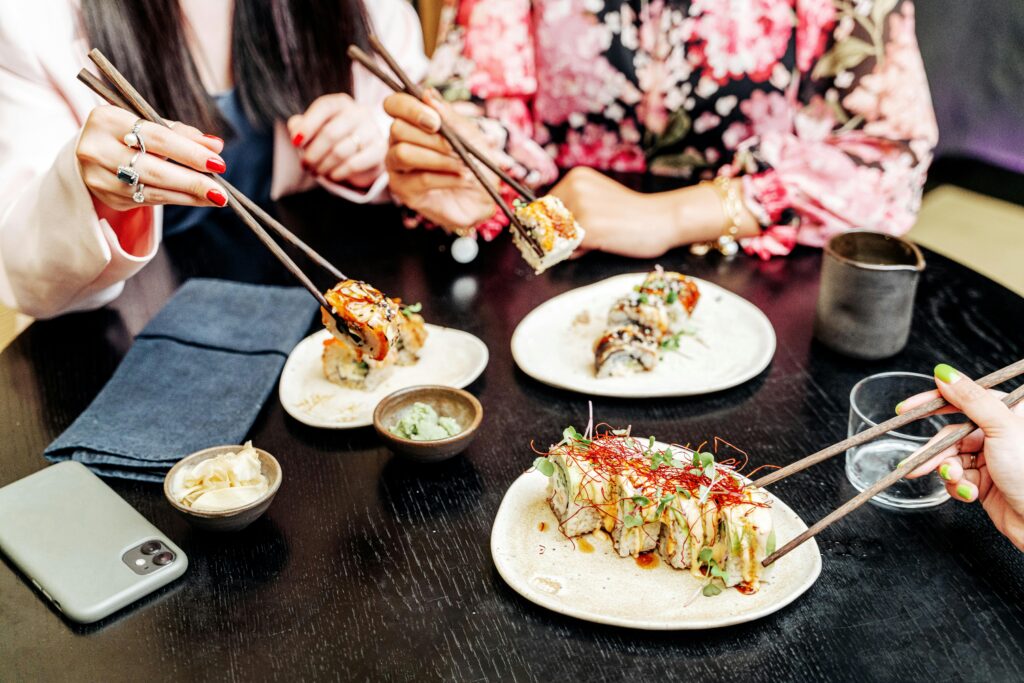Meeting cultural expectations in China doesn’t have to be overwhelming. Whether you’re visiting for the first time or preparing for a formal gathering, understanding basic etiquette can help you feel more at ease and confident. Here’s what to keep in mind.
1. How Do You Greet Someone Politely?
In China, greetings are usually calm and reserved. A gentle nod or a light handshake is common, especially in formal settings. Avoid overly enthusiastic gestures like hugs or backslaps unless you’re among close friends. When greeting elders or those in a higher position, a slight bow of the head shows respect. Use titles and surnames—like “Manager Zhang” or “Auntie Wang”—until invited to do otherwise.
2. What Are the Table Manners Everyone Should Know?
Chinese dining is rich in unspoken rules, especially during formal meals or family gatherings. Here are the essentials:
- Seating Etiquette: The seat directly facing the door is considered the most honorable and is usually reserved for the guest of honor. From the host’s perspective, the left-hand side is considered more prestigious than the right.
- Starting the Meal: It’s polite to wait until the host or main guest has lifted their chopsticks before you begin eating.
- Serving Others First: If you’re close to shared dishes, it’s thoughtful to serve others before yourself—especially elders.
- Chopstick Courtesy: Don’t dig through dishes to find specific ingredients. Simply take what’s on top and avoid tapping bowls or pointing with chopsticks.
- Toasting: When raising your glass for a toast, tilt the rim slightly lower than the elder’s or superior’s glass to show respect.
3. How Should You Address Elders and Superiors?
Respect for hierarchy is woven into daily life in China. Use respectful forms of address, often adding relational terms such as “Uncle,” “Auntie,” or professional titles. Speaking in a softer tone and allowing elders to speak first in group conversations is also a subtle but meaningful sign of deference.
4. Are There Gestures or Behaviors to Avoid?
Avoid placing your feet on chairs or pointing your soles toward people. Don’t touch someone’s head (especially a child’s), and refrain from overt displays of affection in formal settings. Also, avoid discussing sensitive topics like politics or religion unless the conversation is led by someone local and you’re invited to share.
5. What’s the Etiquette Around Gift-Giving?
Gifts are a thoughtful part of Chinese social culture. When visiting someone’s home, bringing a small, nicely wrapped present is considered polite. If offered a gift, it’s common for the receiver to initially decline modestly. Persist gently if you’re offering, and always present or receive gifts with both hands.
